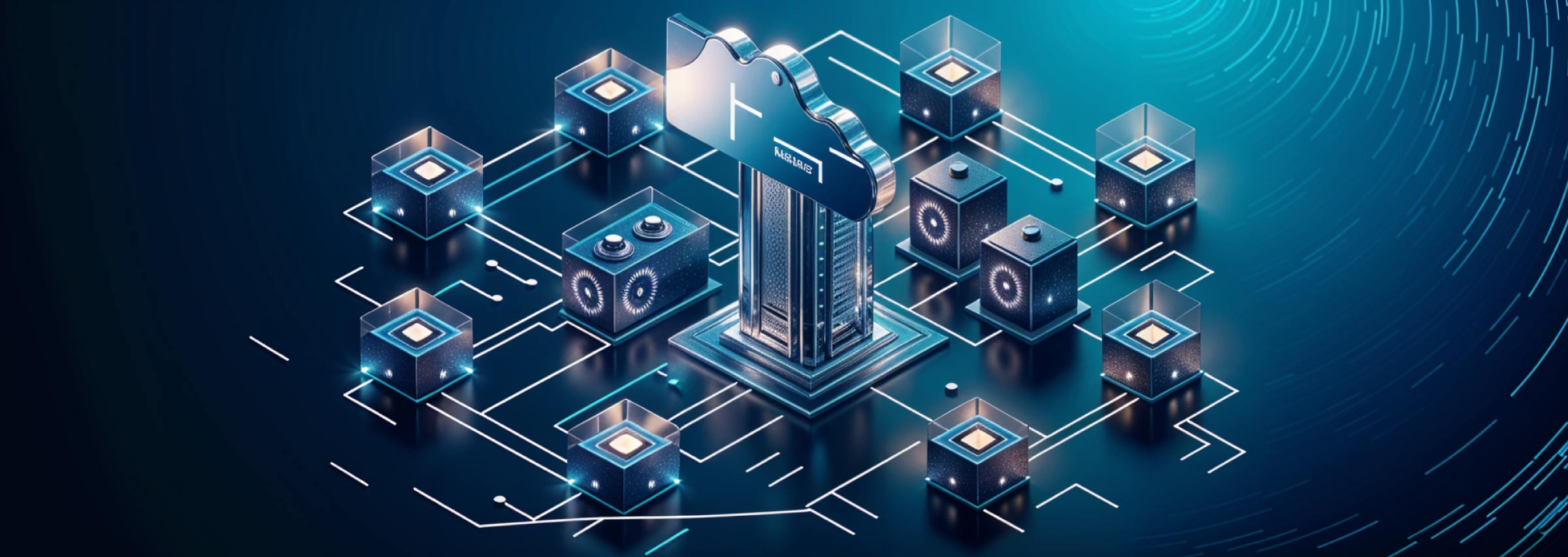As a transformative technology, AI will have a major impact on several defence capabilities such as cyber defence, logistics and warfare. There is tremendous potential for AI-enabled systems in the defence sector.
Artificial Intelligence (AI) has gone mainstream and has started impacting all facets of human lives. The defence sector has also not remained untouched by it. AI has created quite an impact on the defence sector. The global AI defence market which was valued at the US$ 7.7 Billion in 2018 is expected to reach US$ 18.82 Billion by 2025.
The potential for AI is available in all types of defence including Military, Navy, Airforce cyberspace, intelligence, and operational warfare. AI is slowly becoming an essential component of the defence and security technology stack of all countries and is being used in combat as well as operational areas. Let’s look at some of the specific use cases for AI in defence and security.
Gemini US Consulting & Services can help defence organizations in leveraging AI and build robust data capabilities. We have a dedicated team of AI experts who can help you build AI-driven systems and automate your processes. To know more about our services, click here.
AI Use Cases in Defence & Security
Combat Systems: AI provides military systems with capabilities to quickly process volumes of data generated from multiple sources and act. During combat operations, a defence team has only few minutes to assess a threat, share the findings with other teams and decide on the action like launching the missile or decide on aborting the operation. AI can help both combat teams as well as their commanders. It can assist the unit on the ground to accurately conduct an operation by leveraging data and advanced computational capabilities. It can enable decision makers in taking informed decisions by using real-time data and images.
AI in Battlefield Operations
AI can be used to analyze the battlefield and provide information to soldiers via heads-up displays and weapon control systems. The system will collect data on enemy units, positions, tanks, infantry, artillery, and so on, and geo-locate threats from multiple sensors fitted in a network of ground vehicles, fighter planes, flying robots and drones used across the battlefield.
The information gathered by these multiple sources can then be analyzed by an AI-powered system to generate a visual representation and easy-to-understand analysis and recommendations on which threats to prioritize. Such systems can identify and classify threats, prioritize targets, and show the location of friendly troops and safe distances to the men on the ground. The actionable insights can then be relayed to soldiers on their head displays through a highly detailed image.
The U.S. Army Combat Capabilities Development Command Armaments Center (CCDC) is working on smart weapon sights to aid riflemen and machine gunners. The smart weapon sights can provide targeting information to soldiers through an aiming display. The system will help identify targets by classifying people in the vicinity as ‘threats’ or ‘non-threats’.
Intelligence Gathering and Analysis: AI, Machine Learning (ML) and geospatial analysis can help in gathering valuable intelligence from various sources and connected systems like cyberspace, radars, patrol aircraft, drones and automatic identification systems, etc. This information in the form of data, text, images and videos can be analyzed by AI-enabled machines to provide specific inputs and insights to the defence units. It is not only the quality of intelligence that can be improved by leveraging AI but also the speed at which it is extracted. AI is capable of processing volumes of data and delivering actionable insights in real-time.
Cyber Warfare: With the world adopting digital at unimaginable speed, cyber warfare will be the next battlefield in the future. The threat of cyber-attacks is increasing in every country. AI can help defence organizations in creating secure mechanisms against cyber attack and take appropriate action. Algorithms can be built to monitor and identify suspected activities and unauthorized intrusions in any digital systems.
Cyber warfare will clearly be one of the battlefields of the future. AI can help military organizations combat the threat of cyber-attacks, which can now be launched from virtually anywhere in the world.
Weapons: AI can give an edge to warfare weaponry by improving its precision and targeting. It can help defence units pinpoint targets with accuracy, analyze the conditions to decide on the firepower required and then act on the target. This will help save many innocent lives as the unit can accurately pinpoint the target and minimize collateral damages.
Equipment Maintenance: Defence organizations and their equipment need to be battle-ready all the time. Organizations spend heavily on maintaining their equipment. AI can help in predictive maintenance of equipment and diagnose, predict failures and raise alerts for maintenance.
Automation: Defence organizations in many countries are using AI and other data technologies to automate processes and tasks, improve their efficiency, and reduce manual labor. This will help units in better utilization of resources. A lot of organizations have started using conversational bots for repetitive tasks like relaying and sharing information.
Training: AI can also be applied in defense training. AI can create a real-like simulation environment to test the skills of the trainees as well as help them develop their cognitive abilities. It can be central to building disruptive applications that can set new standards in the way training is designed and delivered in the future.
The next big battle will be fought with technology not existing weapons or uniformed men and women. The current applications of AI in defence is just the tip of the iceberg. AI has the potential to transform the face of security and defence.



